(srpski) U Stupnom Dolu grade budućnost uz sjećanje na ubistva 38 mještana i lomače prije 31 godinu

Sorry, this entry is only available in srpski.


Sorry, this entry is only available in srpski.
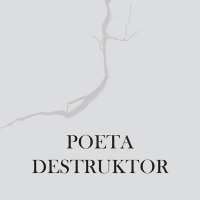
Sorry, this entry is only available in srpski.

 The initiative to establish the Regional Commission for Establishing the Facts about War Crimes and Other Serious Human Rights Violations in the former Yugoslavia (RECOM) attracted significant attention from both domestic and international audiences. Among the various initiatives for truth-seeking and justice, the RECOM initiative stood out due to its originality and sustainability.
The initiative to establish the Regional Commission for Establishing the Facts about War Crimes and Other Serious Human Rights Violations in the former Yugoslavia (RECOM) attracted significant attention from both domestic and international audiences. Among the various initiatives for truth-seeking and justice, the RECOM initiative stood out due to its originality and sustainability.
Denisa Kostovicova’s new book, Reconciliation by Stealth: How People Talk about War Crimes, analyzes the consultations initiated by civil society activists between 2006 and 2011. These consultations aimed to define the nature and scope of the regional truth commission and culminated in the drafting and adoption of the RECOM Statute. Although states have since withdrawn support for a regional approach to dealing with the legacy of a shared past, RECOM Reconciliation Network research projects continue.

Sorry, this entry is only available in srpski.
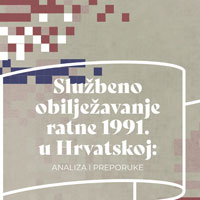
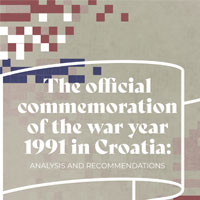 The document titled „Official Commemoration of the War Year 1991 in Croatia: Analysis and Recommendations“ provides an in-depth analysis of how Croatia officially commemorated the events of 1991, marking 30 years since the war began. Despite the fact it is almost three decades since the end of the conflict, the war remains a central element of the Republic of Croatia’s identity. The authorities place a significant emphasis on commemorating the start of the war, especially focusing on 1991.
The document titled „Official Commemoration of the War Year 1991 in Croatia: Analysis and Recommendations“ provides an in-depth analysis of how Croatia officially commemorated the events of 1991, marking 30 years since the war began. Despite the fact it is almost three decades since the end of the conflict, the war remains a central element of the Republic of Croatia’s identity. The authorities place a significant emphasis on commemorating the start of the war, especially focusing on 1991.
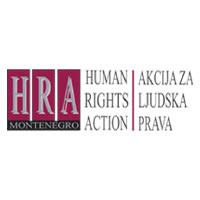
Sorry, this entry is only available in srpski.

Sorry, this entry is only available in srpski.
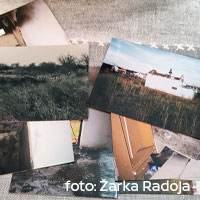
Sorry, this entry is only available in srpski.

Sorry, this entry is only available in srpski.